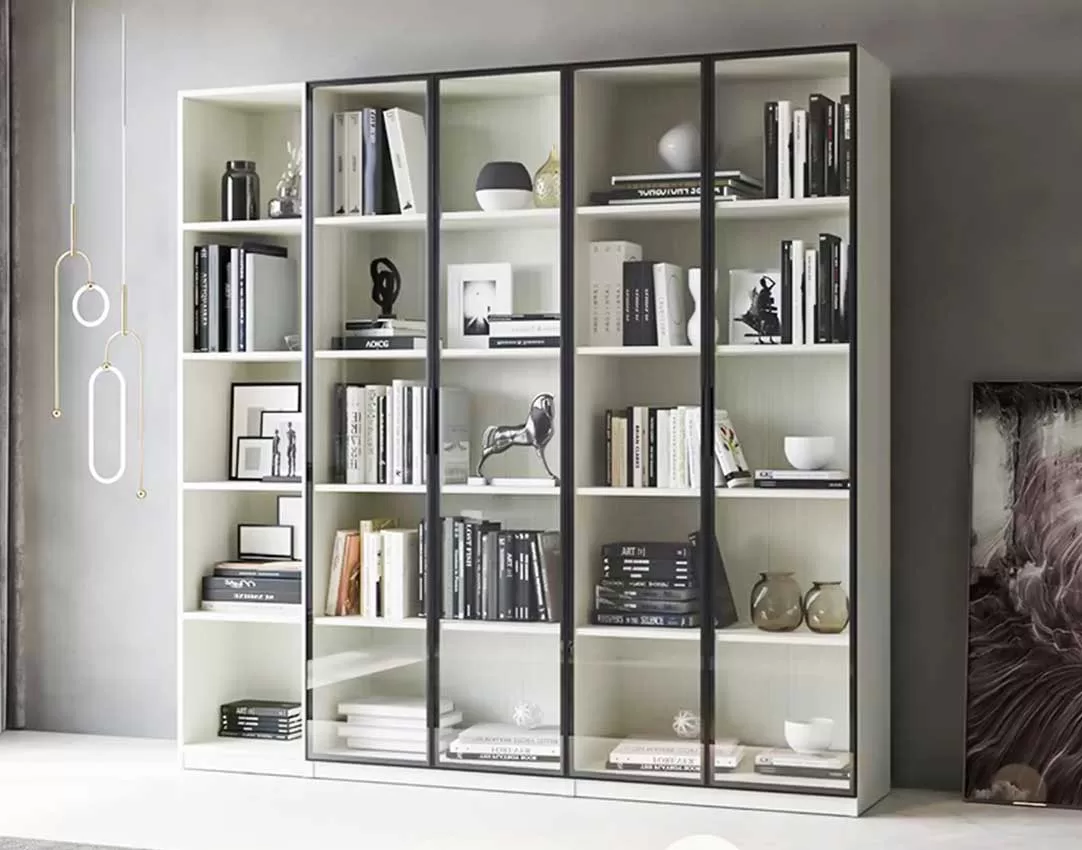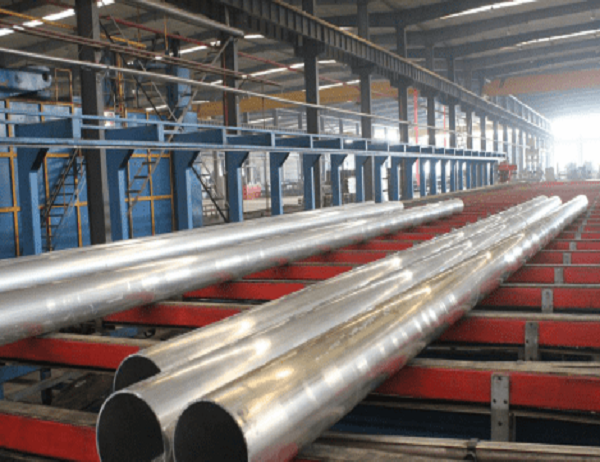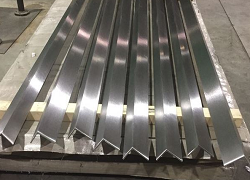Industrial aluminum profiles are playing an increasingly significant role in modern construction due to their exceptional versatility, durability, and sustainability. These profiles, made from high-strength aluminum alloys, are designed to meet the demands of various architectural applications. This article explores the multifaceted role of industrial aluminum profiles in modern construction, shedding light on their advantages and applications in different construction components.
Industrial aluminum profiles can be used in a wide range of construction applications, making them a versatile solution for architects and engineers. They are commonly employed in:
Window and Door Frames:
Aluminum profiles provide excellent thermal insulation, durability, and weather resistance, making them ideal for constructing high-performance windows and doors.
Curtain Walls:
Aluminum curtain walls offer a modern and lightweight facade solution, enhancing the energy efficiency and aesthetics of buildings.
Roofs and Canopies:
Aluminum profiles are widely used in roofing systems, providing durability, corrosion resistance, and the ability to create complex shapes.
Industrial aluminum profiles are known for their exceptional durability, making them a cost-effective choice for long-lasting construction. Aluminum is inherently corrosion-resistant and does not deteriorate over time. Its strength-to-weight ratio allows for the creation of lightweight yet robust structures that can withstand various environmental conditions. Additionally, aluminum profiles are low-maintenance, requiring minimal cleaning and repainting, which saves time and money over the building’s lifespan.
Aluminum profiles contribute to energy efficiency in buildings in several ways:
Thermal Insulation:
Aluminum’s low thermal conductivity helps insulate buildings, reducing heat loss and energy consumption.
Airtightness:
Aluminum profiles provide excellent airtightness when used in windows, doors, and curtain walls, minimizing air leakage and improving energy efficiency.
Renewable Energy Generation:
Aluminum profiles are used in solar panel mounting systems, playing a crucial role in harnessing renewable energy.
Industrial aluminum profiles are an environmentally friendly choice due to their recyclability:
Recycled Content:
Aluminum profiles are often made from recycled aluminum, reducing waste and conserving natural resources.
Closed-Loop Recycling:
Aluminum is endlessly recyclable without compromising its material properties, allowing for continuous reuse and resource preservation.
Reduced Carbon Footprint:
The use of recycled aluminum significantly reduces the carbon footprint compared to virgin aluminum production.
Industrial aluminum profiles have revolutionized modern construction, offering architects and engineers a versatile, durable, energy-efficient, and sustainable solution. Their applications range from windows and doors to curtain walls, roofs, and solar panel mounting systems. The inherent advantages of aluminum profiles, such as their strength, corrosion resistance, low maintenance, and recyclability, make them an ideal choice for sustainable and high-performance buildings that meet the demands of the 21st century.



